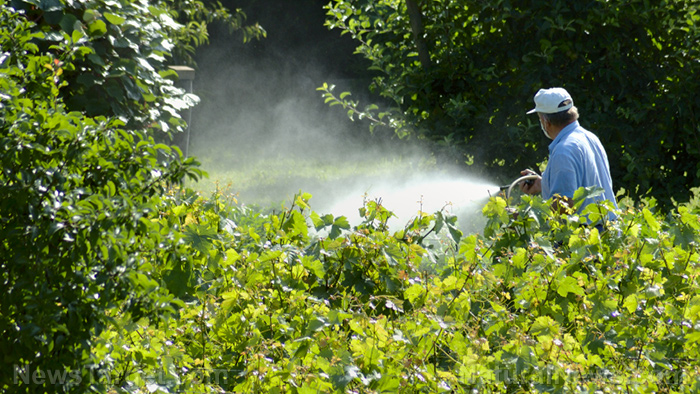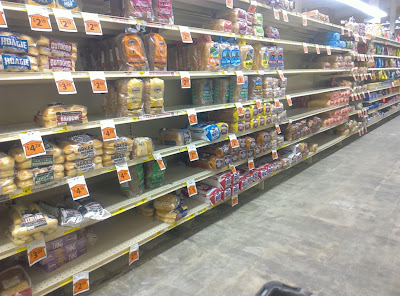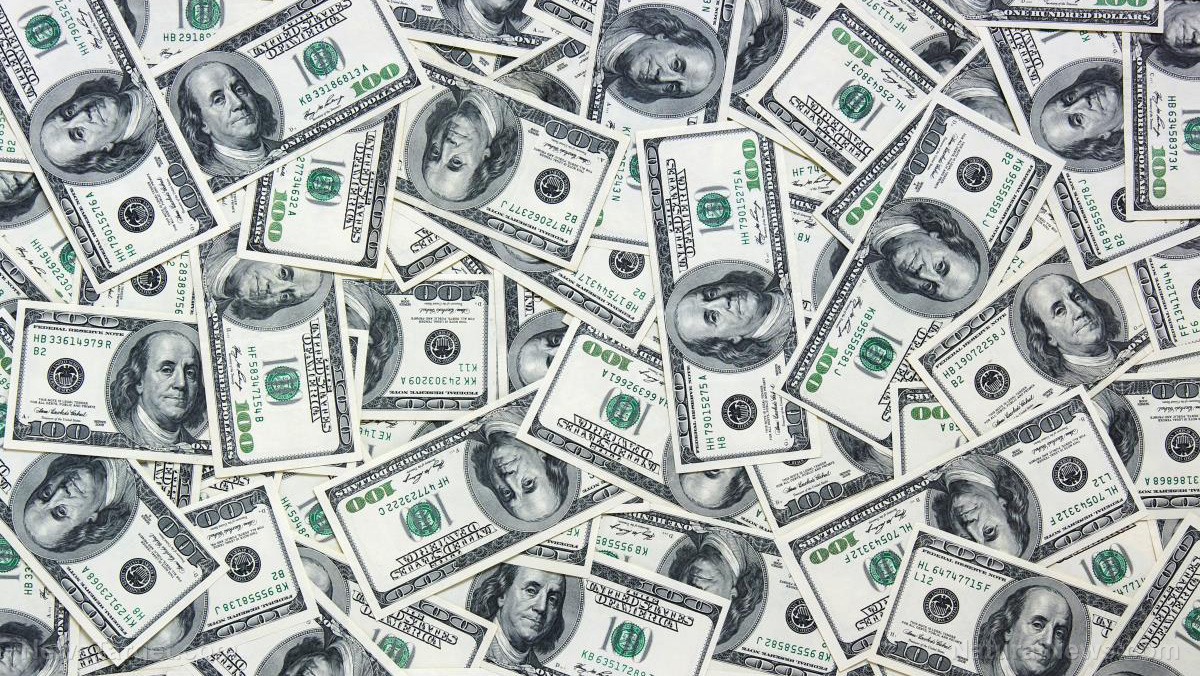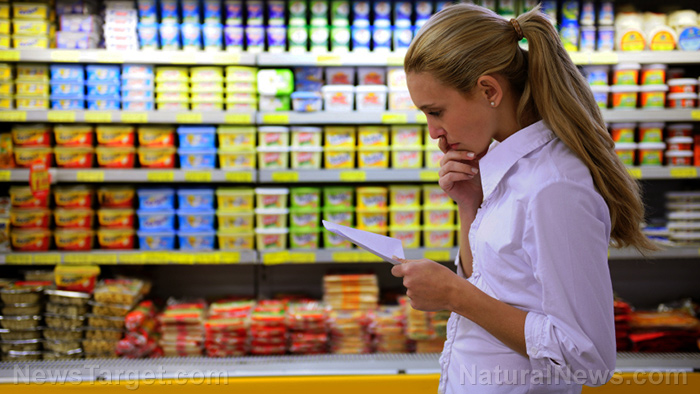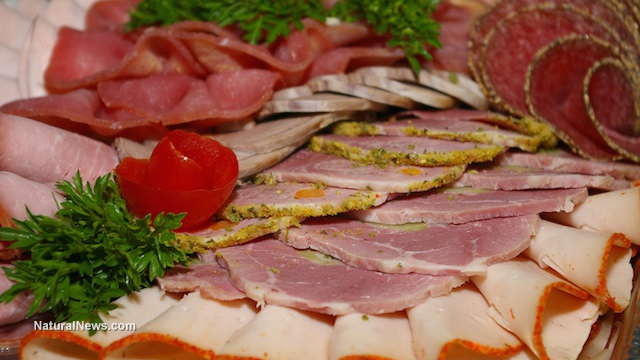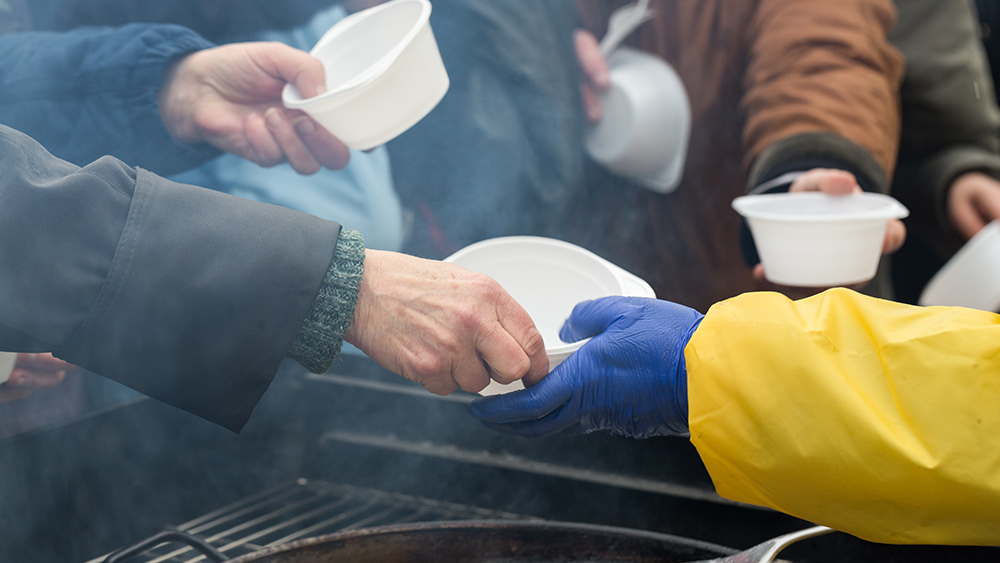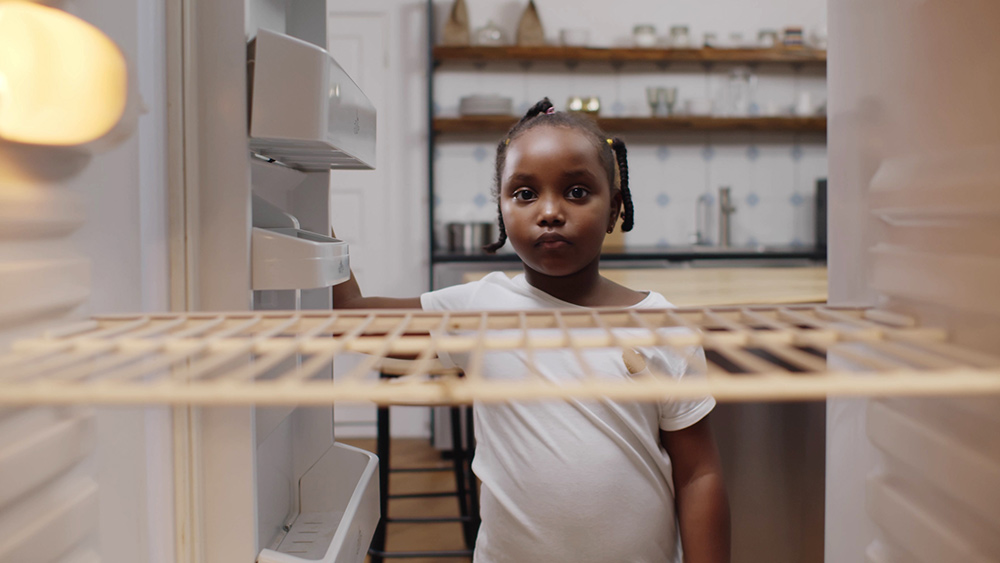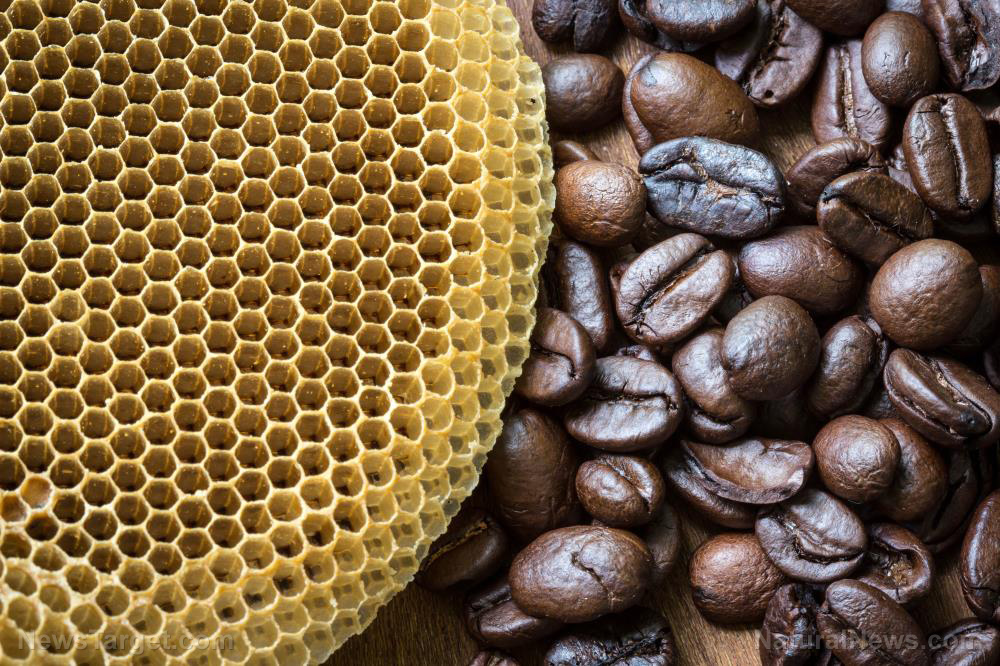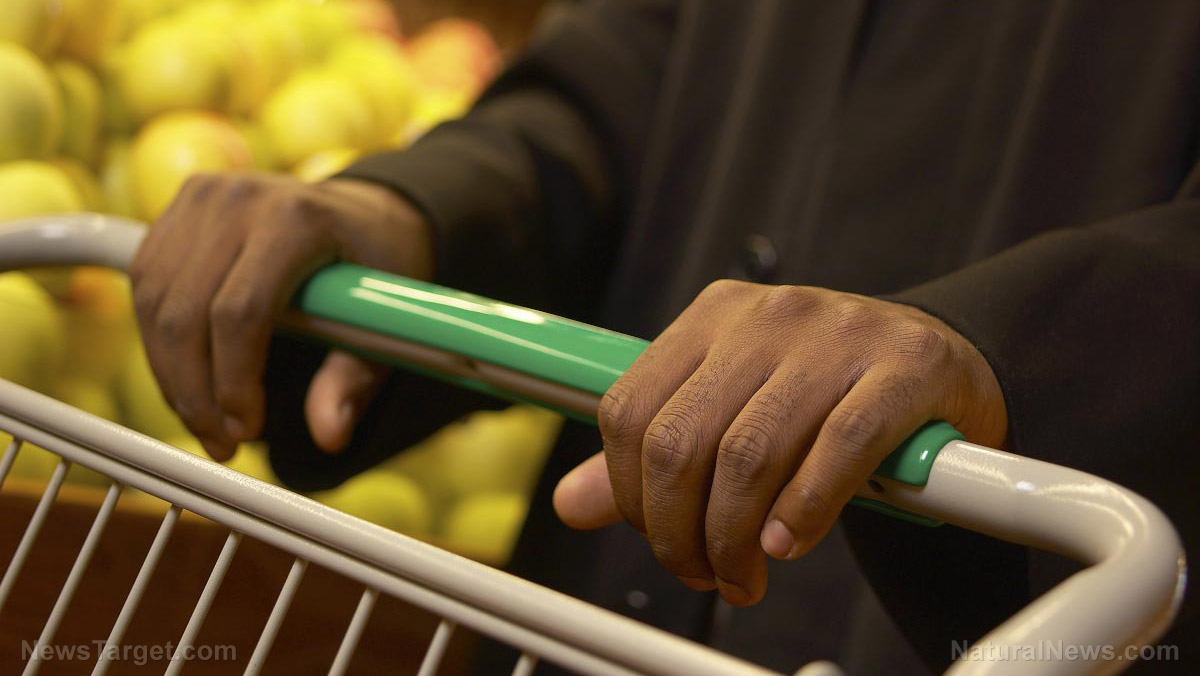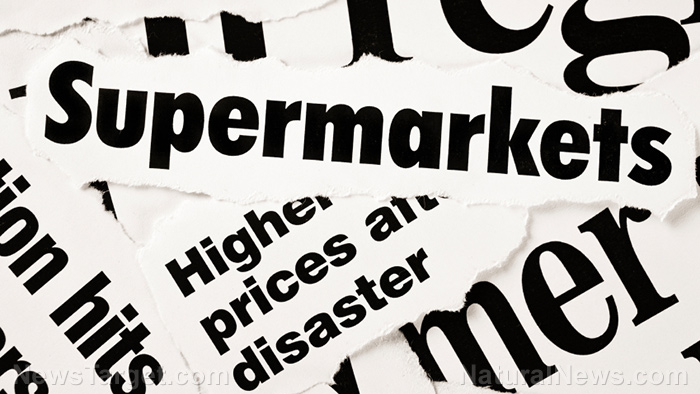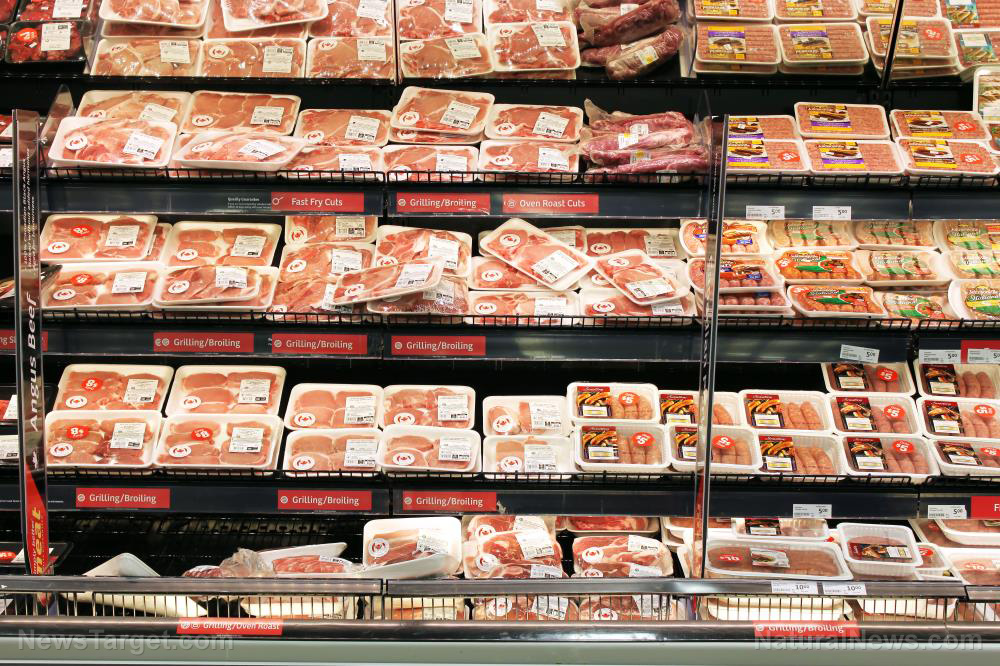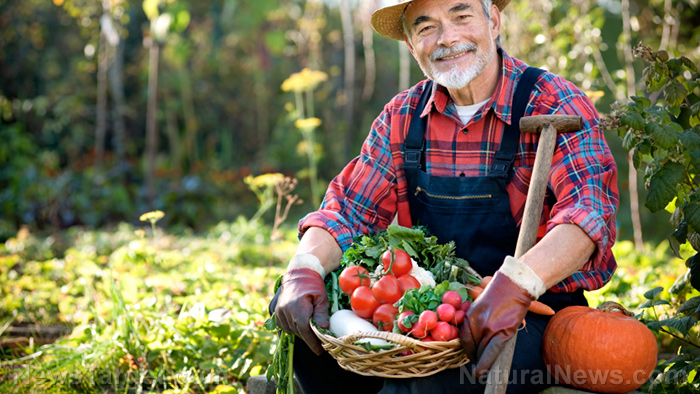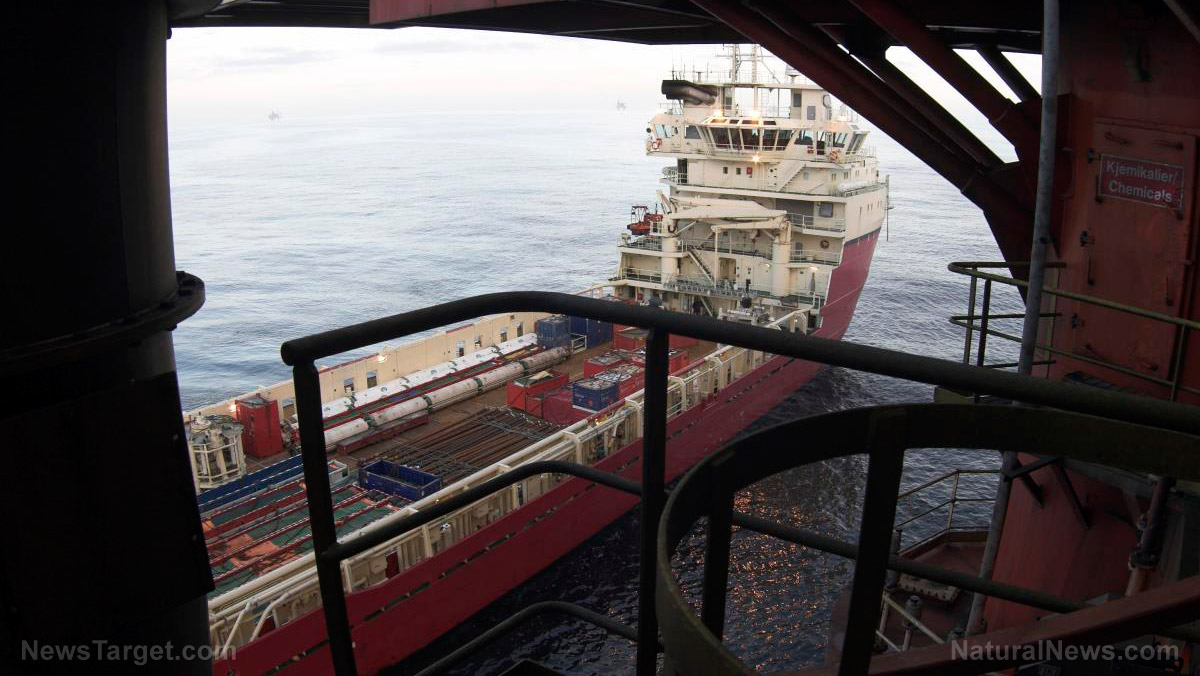Nestle, Diageo raise prices due to “strongest” inflation in years
08/06/2021 / By Mary Villareal

Nestle, Diageo, and Danone are some companies that may raise the prices of their products this year as they struggle with the strongest inflation due to the COVID-19 pandemic. While sales are rising as key markets start rebounding, the recovery also means that there are increased costs for ingredients, packaging, and transport.
For instance, coffee prices are at a six-year high because of a cold snap in Brazil, one of the top producers of coffee beans in the world. There are also delays in transport as the volatile weather leading to delays in importation that could further cripple the food industry.
According to Nestle, its ice creams have gotten more expensive, and it already raised its prices by an average of 1.3 percent globally in the first half of the year. Prices of its milk-based products such as ice cream and dairy were also up by an average of 3.5 percent, and its water brands rose 1.6 percent. (Related: Supply shortages are leading to price hikes, worsening inflation.)
Nestle Chief Executive Mark Schneider said, “We do expect price increases to accelerate from what you saw in the first half. After several years of low inflation, all of a sudden it accelerated very strongly starting in March and is continuing to accelerate.”
In the U.S., for instance, Schneider said that the cost for transportation, packaging and commodities were all rising. The tight labor market also prompted staff turnover and salary increases, so companies are looking at input costs to be 4 percent higher this year.
The brand said that the costs would burden its profitability this year, despite reporting its strongest growth in years. Organic sales grew 8.1% in the first half of the year; however, the numbers prompted the company to raise sales for the full year to cover higher input costs and maintain profit margins.
Diageo also raised prices on its brands, while AB InBev is exploring prices for its beers.
Like Nestle, Diageo is benefitting from the reopening of the economy, reporting an 8.3 percent rise in full-year sales. However, it also warns of higher prices of corn, aluminum, and transportation costs. Its operating margin in North America alone declined by 1.2 percentage points due to the rise of agave — the key ingredient in making tequila.
Diageo Chief Financial Officer Lavanya Chandrashekar shared, “What we’re seeing is about a couple of points higher inflation coming through now.”
To offset rising costs, the company went through higher sales prices of its more expensive brands as well as internal cost-cutting.
Meanwhile, Danone, makers of yogurts and distributor of bottled water, said it would increase its prices across different categories to preserve profitability. It was able to beat forecasts with a 6.6 percent rise in comparable second-quarter sales in 2020, but was flagged for the rising prices for milk, plastic, packaging, and logistics.
To maintain its profitability, the company said it increased its prices in Latin America, Russia and Turkey, where it has large markets in independent stores. In North America and most of Europe, raising prices will take more time because products are sold through major retailers with long-term contracts.
Other household companies follow price hike
Major household companies like Unilever, Proctor & Gamble, and General Mills also said they might increase their prices due to the rising commodity costs.
General Mills spokesperson Kelsey Roemhildt said, “The inflationary environment has increased, including higher prices for commodities, logistics, and other costs in our supply chain. Our first line of defense is our internal program for productivity … to become more efficient at what we do.” However, she also noted that the high inflation rate cannot be solved through productivity alone.
Unilever also announced that it is raising prices for multiple brands as raw ingredients are up to 80% higher than last year.
Read more financial updates at Bubble.news.
Sources include:
Tagged Under: covid-19, Danone, Diageo, economy, General Mills, Inflation, Nestle, pandemic, post-pandemic, price hike, Proctor & Gamble, profitability, unilever
RECENT NEWS & ARTICLES
COPYRIGHT © 2017 GROCERY NEWS

